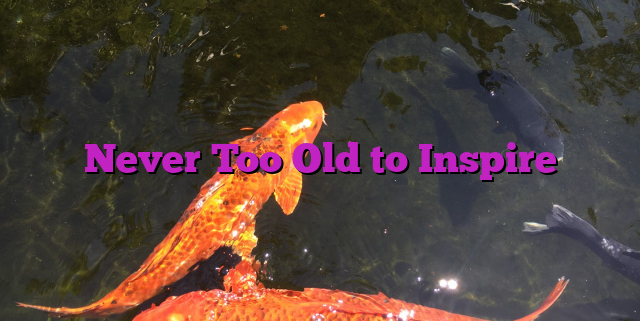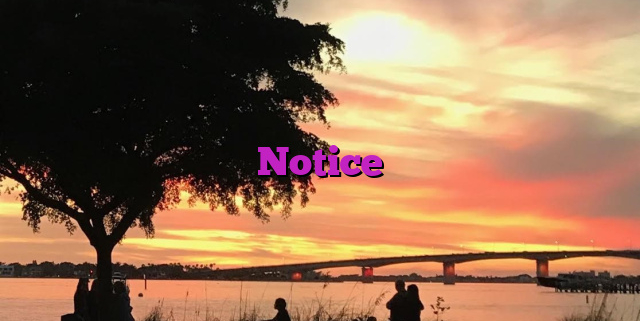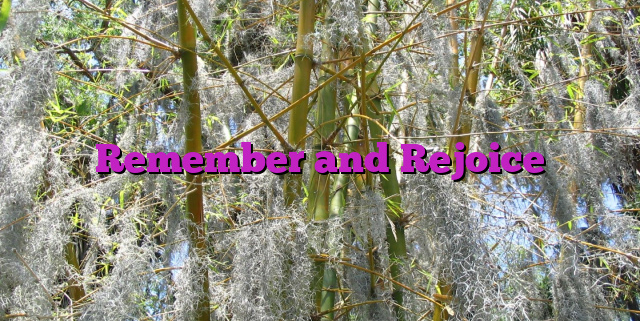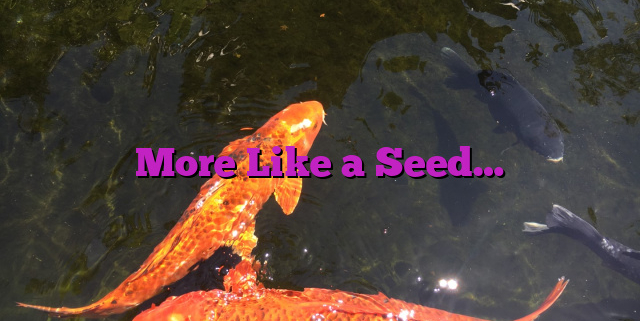The Weight of the World
In Greek mythology, Atlas was condemned to carry the weight of the entire world on his shoulders. Picking up on this, Rabbi Harold Kushner wrote:
“That was as harsh a punishment as the ancient Greek mind could conjure up. Today, it seems, we have volunteered to play the role of Atlas. We have not offended God—we have dismissed him, told him we were grown up enough not to need his help anymore, and offered to carry the weight of the entire world on our shoulders. The question is, when it gets too heavy for us, when there are questions too hard for human knowledge to answer and problems that take more time to solve than any of us have, will we be too proud to admit that we have made a mistake in wanting to carry this world alone?”
Thankfully, we don’t have to have all the answers. We don’t have to carry the weight of the world on our shoulders.
In the Gospel of Matthew, Jesus offers the invitation: “Come to me, all you who are weary and carrying heavy burdens, and I will give you rest.”
Let us pray: Loving God, I pray today especially for people who are carrying heavy burdens, and for those who are just beyond their ability to cope. I ask you to meet them at the deepest point of their need. Help them to let go of the pressure, to let go of the stress. Grant them hope and an ability to trust that they rest firmly in your hands. Amen.













